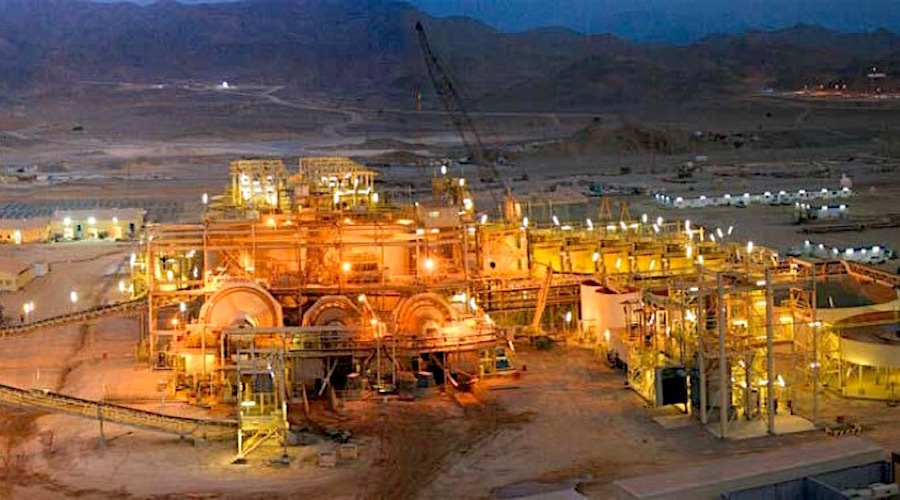Renewable energy specialist Juwi AG will design, supply and integrate the Sukari solar and battery plant into the current diesel power plant. Giza Systems, in turn, will install the necessary systems in the plant.
With solar considered a rapidly growing source of power within Egypt, Centamin said that finding local suppliers wasn’t a difficult task and it helps the company remain committed to promoting and prioritizing local socioeconomic partnerships.
Sukari is optimally located within Egypt’s Eastern Desert which has some of the highest levels of solar irradiance globally, averaging over ten hours of sunshine a day throughout the year.
To maximize the total energy generation, the project will use bifacial solar PV modules and a single axis tracking. juwi Hybrid IQ micro–grid technology will enable the integration of the solar and battery system into the existing off–grid network and support the operation of the existing power station.
“Centamin’s decision to integrate sustainable solar power at Sukari is fully aligned with our commitment to responsible mining, chief executive Martin Horgan said in the statement. “t has enabled us to marry up our environmental stewardship philosophy with our strategic objective of maximizing returns for all stakeholders.”
The project’s total cost is estimated at $37 million and is expected to be commissioned in the first half of 2022. It will be the largest hybrid solar project at an off–grid mining operation. It is also expected to reduce diesel fuel consumption at Sukari by an estimated 22 million litres per annum and lower carbon emissions an estimated 60,000 tonnes of CO2–e a year.
Other benefits of integrating solar as a sustainable power solution are the reduction in operating costs, including an estimated $9 million to $13 million in savings in yearly fuel costs and reduced exposure to fuel price volatility; increased reliability of the power system; and reduced traffic and fuel transport to and from site.



